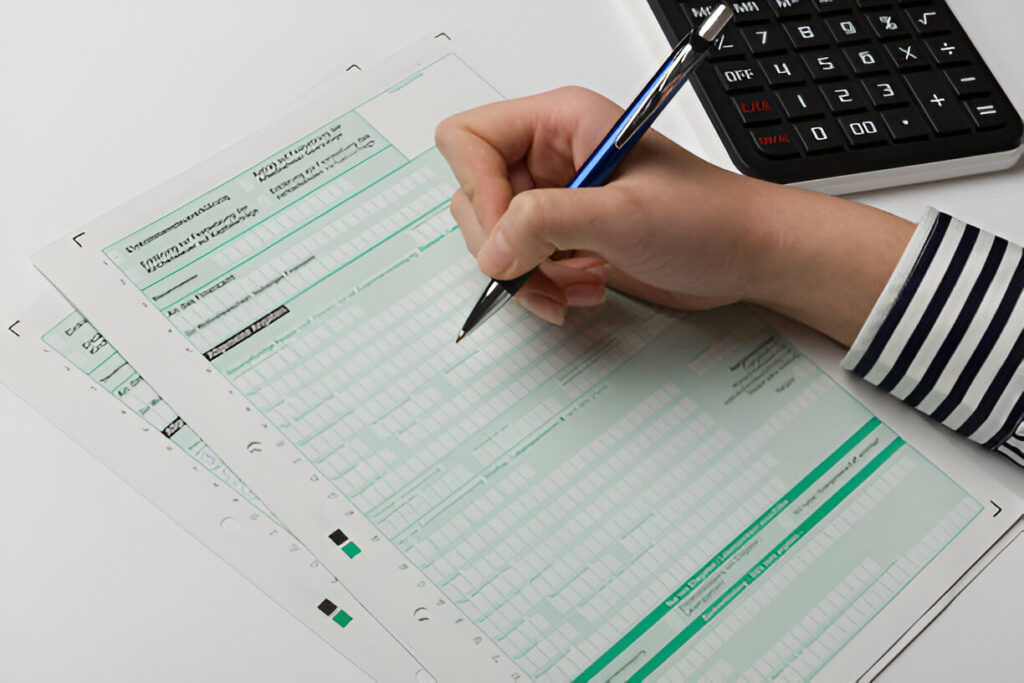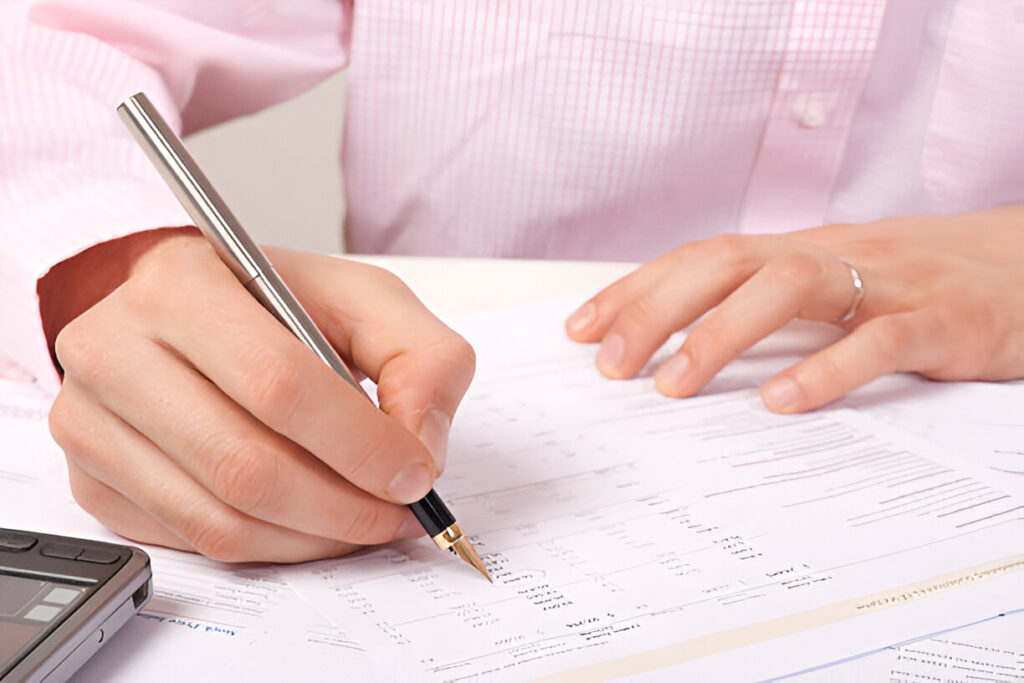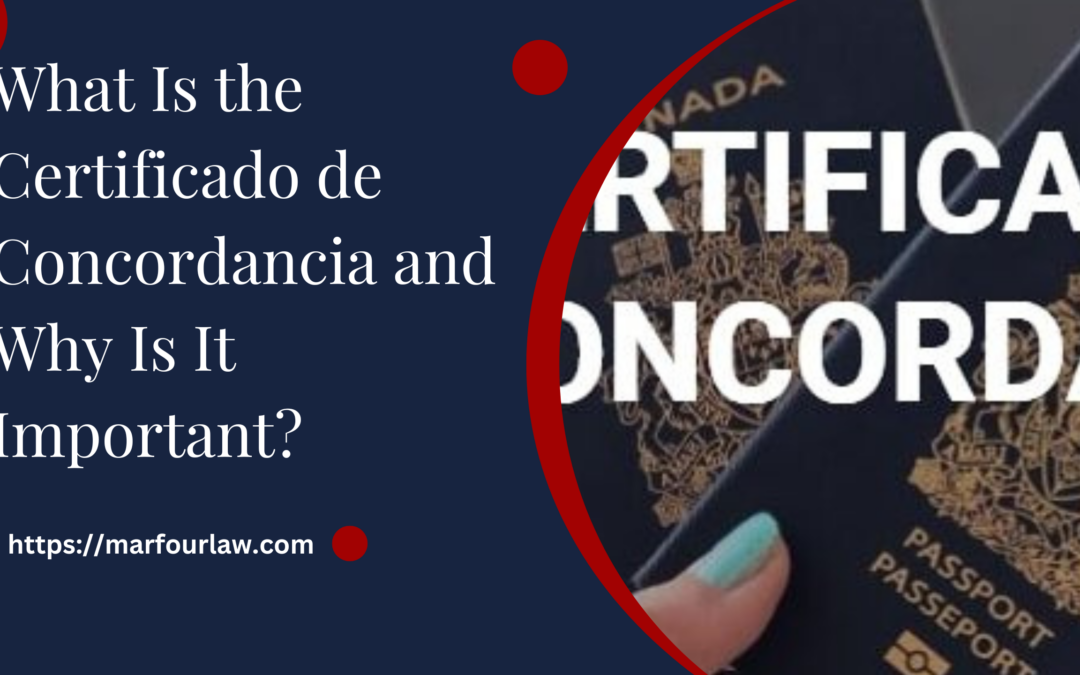The Certificado de Concordancia is a crucial document in Spain that proves the conformity of various personal details. If you’re dealing with legal or bureaucratic processes in Spain, understanding this certificate can save you a lot of time and trouble. In this guide, we’ll break down what this certificate is, why it matters, and how it fits into the broader context of Spanish documentation.
What Is the Certificado de Concordancia?
The Certificado de Concordancia is a special document in Spain that helps link your old and new identity documents if you’ve had a change in your foreign identity number (NIE). It’s essential when someone who previously held an NIE is later granted Spanish citizenship, which comes with a new national ID number (DNI). If you’ve already lived in Spain as a foreigner, you likely have an NIE. After becoming a Spanish citizen, you’ll get a DNI, and that’s where the Certificado de Concordancia steps in to match your records.
Why Do You Need It?
Imagine trying to access your bank accounts, real estate, or tax records. All these records are tied to your old NIE. But once you get a DNI, suddenly it’s like having two identities in Spain! The Certificado de Concordancia acts like a bridge between your NIE and DNI, proving that both numbers belong to the same person. It keeps your legal and administrative life in order, ensuring everything matches up under your new ID number. Without this certificate, you might face a lot of confusion when managing previous legal documents or contracts.
When Should You Apply?
If you’ve recently become a Spanish citizen, you’ll need this certificate right after your DNI is issued. It’s a good idea to apply for it before any important transactions, such as buying or selling property, filing taxes, or managing anything linked to your NIE. It’s one of those small but crucial steps that can save you headaches down the road, especially when dealing with legal matters or government processes.
How to Get the Certificado de Concordancia?
Getting the certificate is a straightforward process. You’ll need to visit your local police station (comisaría) with the right documents: your NIE, DNI, passport, and proof of Spanish citizenship. The authorities will issue the certificate, confirming that your old NIE and new DNI refer to the same individual. It’s usually a quick process, but like most things in Spain, timing can vary depending on where you are.
Simplifying Your Transition to Spanish Citizenship
If you’re in the process of getting Spanish citizenship, or have just obtained it, the Certificado de Concordancia is key to maintaining your legal identity in Spain. It prevents issues from popping up with your financial or legal records and ensures that your past, tied to your NIE, seamlessly integrates with your new status as a Spanish citizen with a DNI. Think of it as tying up loose ends so you can enjoy your new life as a citizen without unnecessary complications.
At Marfour International Law Firm, we guide our clients through every step of this process, making sure all legal paperwork, including the Certificado de Concordancia, is handled smoothly and efficiently.
What Is the DNI Meaning in Spain?
The DNI, or Documento Nacional de Identidad, is Spain’s national identity card. It serves as a primary form of identification for Spanish citizens and is essential for various administrative tasks. The DNI ensures that your identity is verified and is used in conjunction with the Certificado de Concordancia to confirm that all your personal details are accurate and up-to-date.
Role of Concordância in Spanish Documentation
If you’re dealing with legal paperwork in Spain, you may come across the term concordância. It might seem like a complicated term, but it simply refers to the alignment or agreement of certain documents or terms, ensuring everything matches up. Whether you’re handling contracts, real estate transactions, or other legal agreements, this concept plays a vital role. Let’s break it down step by step to show how important it is in Spanish legal procedures.

What Is Concordância?
At its core, concordância is all about consistency. In legal documents, everything has to be in agreement. For example, if you’re buying property, all the details in the contract, like the names, descriptions, and conditions, must line up perfectly. Any discrepancies can cause delays or even legal challenges. So, concordância is like the glue that holds the details together, ensuring there’s no confusion or mix-up in the paperwork.
Why Concordância Matters in Spanish Law
In Spanish legal documentation, accuracy is key. Imagine you’re signing a contract, and some details don’t match up between the various documents. This can lead to disputes or even make the contract invalid. Concordância helps prevent these issues by making sure all the terms are in sync. This could be as simple as ensuring that the names on all documents are spelled the same way or that the terms of an agreement are reflected consistently across all related paperwork.
Where You’ll Encounter Concordância
You’ll usually come across concordância when dealing with formal legal matters. This could involve:
- Real estate transactions: When buying or selling property, the information in the contract and any additional documents, like land registry records, must align.
- Business contracts: If you’re setting up a business or entering into a partnership, the terms of the agreement need to match across all relevant documents.
- Immigration paperwork: For visa applications or residency permits, consistency between different forms and documents is crucial to avoid delays or rejections.
How Marfour Can Help With Concordância?
At Marfour International Law Firm, we know that even small mistakes can have big consequences. That’s why we make sure all your documents are in full concordância. We’ll carefully check through every detail to ensure everything matches up as it should. Our team will guide you through the process, ensuring that all the paperwork is properly aligned, whether you’re purchasing property, applying for a visa, or signing contracts for a new business.
So, while concordância might sound like just another legal term, it’s really about making sure everything is on the same page. It ensures smooth sailing when dealing with legal documents in Spain. And when you have Marfour by your side, you can trust that every detail will be carefully managed.
Common Scenarios Where the Certificado de Concordancia Is Required?
In Spain, a Certificado de Concordancia is an official document that helps link or match changes in personal details, such as name or identification number, across different records. It’s commonly needed when there’s a legal or official change that needs to be reflected across various documents. Let’s explore a few scenarios where this certificate comes into play.

Change of Passport Number
One of the most common reasons for needing a Certificado de Concordancia is when you change your passport. For example, if you’re a foreigner living in Spain and you renew your passport, your new passport number won’t automatically be updated on all your legal documents. The certificate ensures that any legal documents, contracts, or official records still reflect your identity correctly, despite the change in passport numbers. This is especially important for those who frequently deal with contracts, visas, or property in Spain.
Change of Name After Marriage or Divorce
If you’ve changed your name after marriage or divorce, you’ll need a Certificado de Concordancia to show that your previous legal documents (in your old name) still refer to you, even though your name has changed. This helps avoid confusion when dealing with existing contracts, property deeds, or official records. It acts as a bridge between your old and new names, ensuring that all documents are legally aligned.
Switch from a NIE to a DNI
Foreigners in Spain are initially given a NIE (Número de Identificación de Extranjero), which is a foreigner’s identification number. If you later become a Spanish citizen, you’ll receive a DNI (Documento Nacional de Identidad), which replaces the NIE. In this case, you would need a Certificado de Concordancia to confirm that your NIE and DNI both refer to the same person, making sure there’s no confusion in your official records or legal matters.
Updating Tax Information
When your identification details change, it’s important to update them with the tax authorities in Spain. A Certificado de Concordancia helps you match your previous identification (whether it’s your old passport number or NIE) with your new information. This ensures that there’s no disruption in your tax records or confusion when dealing with the Agencia Tributaria (Spanish Tax Agency).
Correcting Mistakes in Official Documents
Mistakes can happen. Sometimes, an official document might have a misspelling or incorrect detail. A Certificado de Concordancia can be used to correct these errors by showing that the correct information matches the individual, helping to clear up any confusion without the need for reissuing all your documents.
Frequently Asked Questions
What is the purpose of the Certificado de Concordancia?
The purpose is to ensure that all your personal documents and records are consistent, which helps avoid any issues in bureaucratic processes.
How long does it take to get a Certificado de Concordancia?
The processing time can vary depending on the authority and the complexity of your documents. Typically, it can take a few days to a few weeks.
Do I need to renew the Certificado de Concordancia?
No, the certificate is generally valid as long as your personal details remain unchanged. If your information changes, you may need to obtain a new certificate.
Conclusion
In summary, the Certificado de Concordancia is a vital document that ensures the consistency of your personal information across different records. Whether you’re applying for residency, handling legal affairs, or dealing with any other bureaucratic process, having this certificate can help streamline the process and avoid unnecessary complications. Understanding its role and how to obtain it will make your interactions with Spanish authorities smoother and more efficient.

